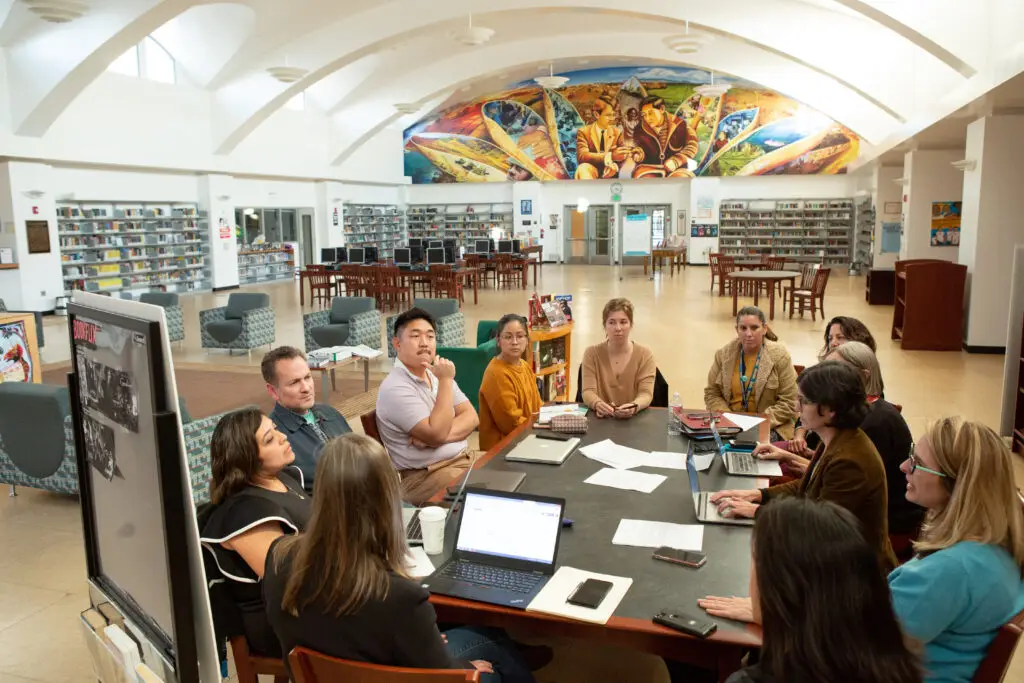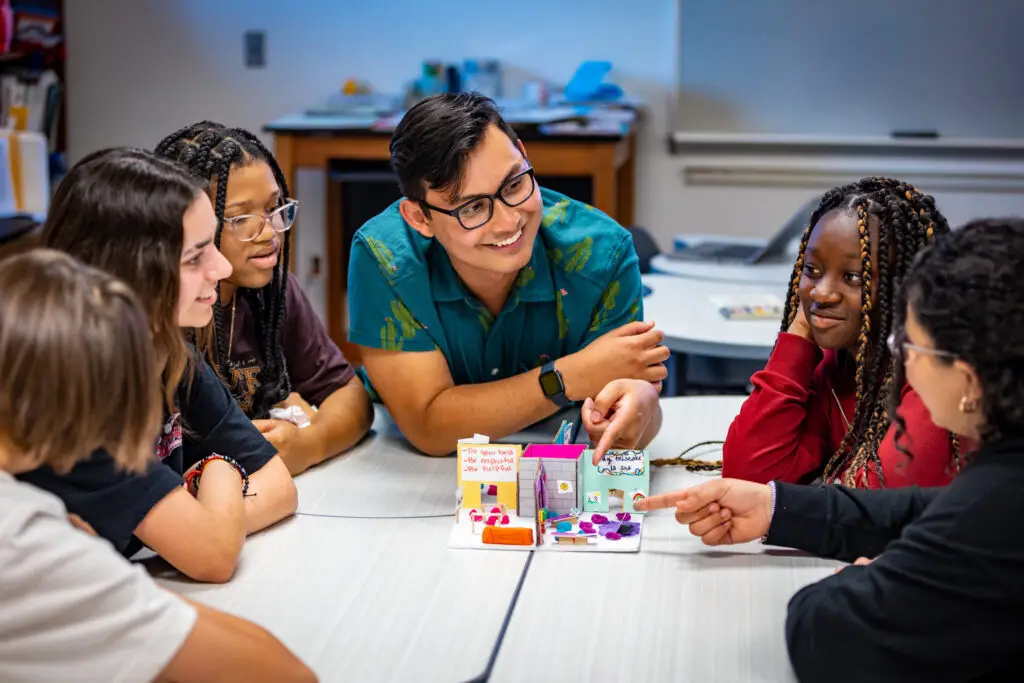Breaking the “Egg-Crate” Model of Schooling

This article was originally published by ASCD. Team-teaching models provide a built-in support system for new educators, making the job less isolating. The teaching profession is increasingly comprised of new teachers. In the last three decades, both the number and proportion of new teachers have increased: There were approximately 300,000 first-year teachers in 2017–18 compared […]
Early evidence of improved educator outcomes in Next Education Workforce models

Concerns about the teacher workforce are rising, with fewer teachers recommending the profession and decreasing interest among students. In response, school systems are redesigning teacher roles to make the job more appealing and sustainable. This brief examines early outcomes from the Next Education Workforce™ (NEW) team-based models in Mesa, Arizona, which shift from the traditional […]
Interconnected problems, interconnected strategies: Using “strategy braiding” to address teacher workforce challenges

This blog is part of a three-part series on school systems that have been implementing workforce innovations or strategic staffing solutions for several years. The teacher workforce faces a host of post-pandemic challenges, including exacerbated staffing shortages and high levels of burnout. However, one educational leader noted, “Everyone wants single-thread solutions within single verticals… You […]
Crossing the chasm: How one district is moving its innovative staffing model from pilot to mainstream

This blog is part of our series profiling three school systems several years into implementing workforce innovations or strategic staffing solutions. Scaling up innovations within school systems is a notoriously difficult process. While new instructional approaches or staffing strategies may catch on within a few classrooms or schools, they often fail to become integrated system-wide. […]
Breaking the teaching mold—with help from the teachers union

This blog is part of a three-part series profiling school systems that have been implementing workforce innovations or strategic school staffing models for several years. Through innovative and strategic school staffing solutions, efforts to reimagine the teacher workforce have grown over the past several years. This is in response to prolonged teacher shortages and consistently […]
The rise of unconventional teaching roles: How do educators in these roles feel about them?

Many are talking about ways to rethink the role of teaching these days, whether by reorganizing teachers into teams, leveraging community educators, or allowing teachers to teach in unconventional school models like micro-schools. In the past, the motivation to experiment with new staffing models was sometimes in response to teacher labor shortages, teacher burnout, or […]


